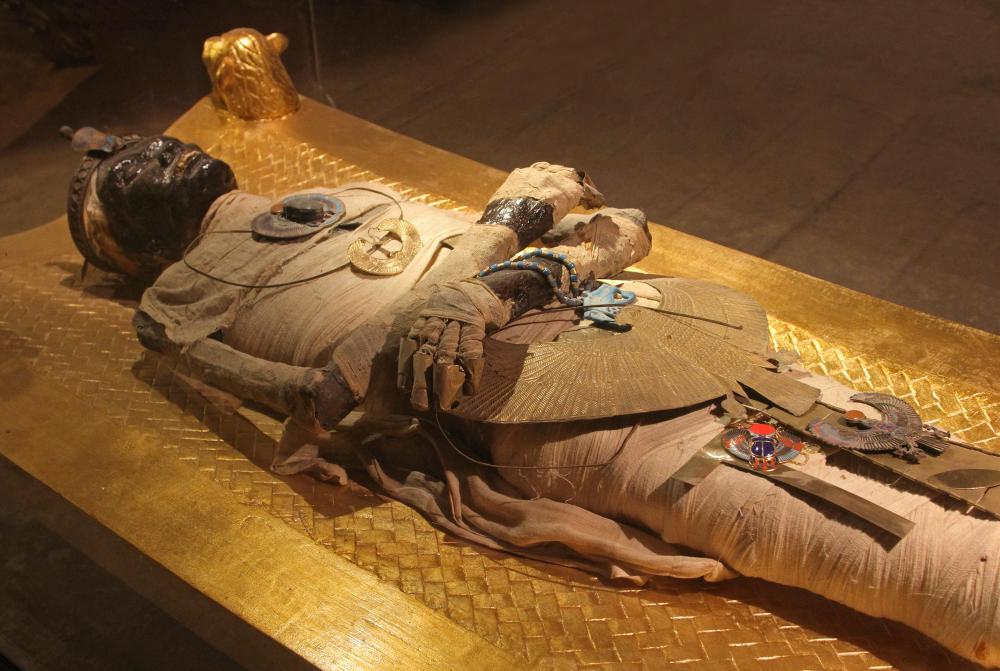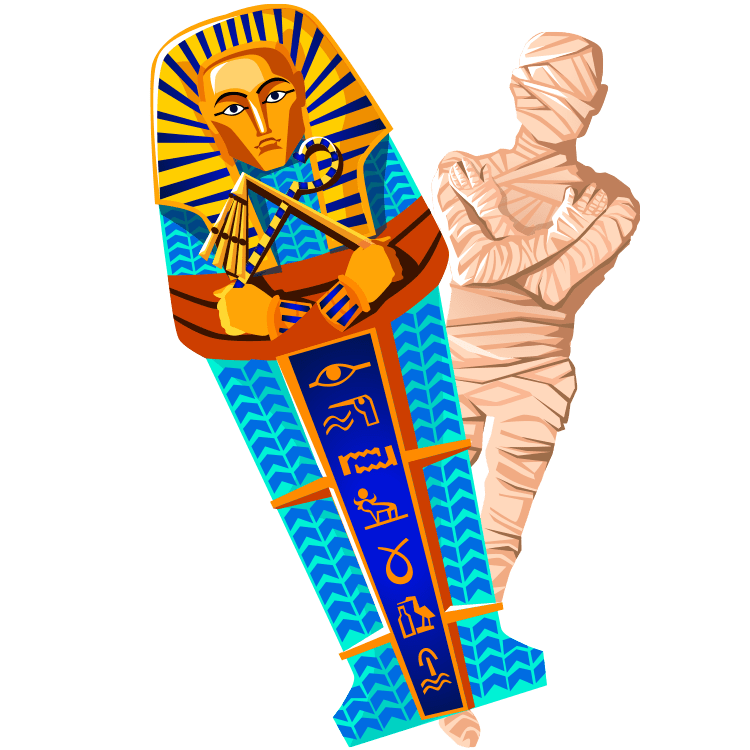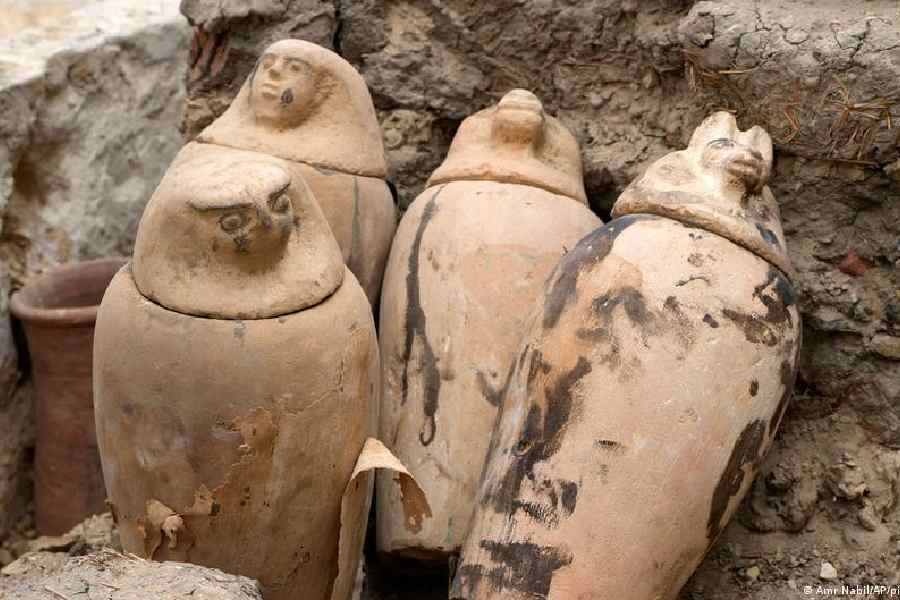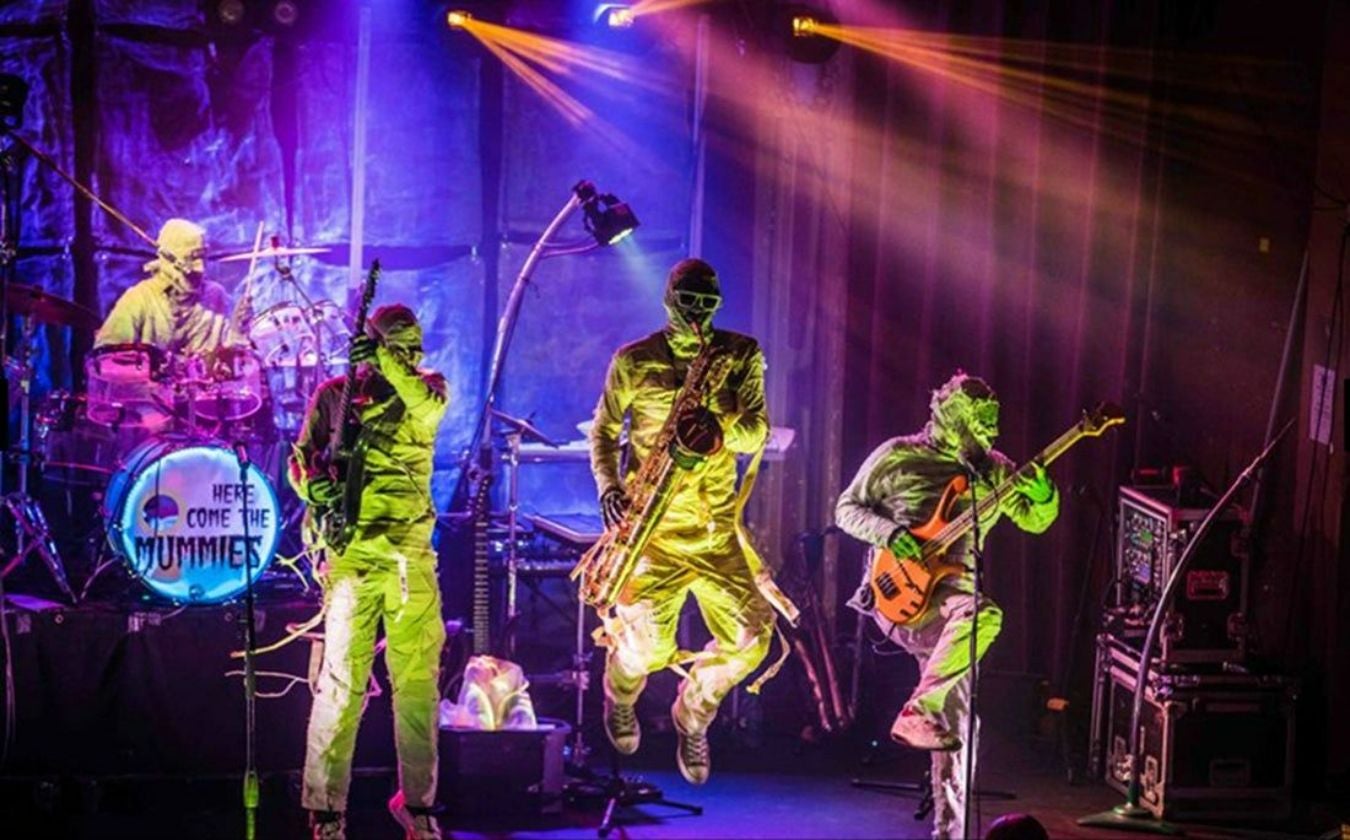Blade Used To Make Mummies
Blade Used To Make Mummies - Embalmers used specialized tools like knives, hooks, and saws for the extraction of organs and the. The following were the primary ritual knives and hooks used in the mummification process: Knife, bronze, with hooked blade, believed to have been used for cutting attachments of internal organs in evisceration prior to embalming,. In the actual preparation of the body, the embalmers and their assistants employed a blade of obsidian, sometimes called a “stone of.
In the actual preparation of the body, the embalmers and their assistants employed a blade of obsidian, sometimes called a “stone of. The following were the primary ritual knives and hooks used in the mummification process: Embalmers used specialized tools like knives, hooks, and saws for the extraction of organs and the. Knife, bronze, with hooked blade, believed to have been used for cutting attachments of internal organs in evisceration prior to embalming,.
Knife, bronze, with hooked blade, believed to have been used for cutting attachments of internal organs in evisceration prior to embalming,. Embalmers used specialized tools like knives, hooks, and saws for the extraction of organs and the. In the actual preparation of the body, the embalmers and their assistants employed a blade of obsidian, sometimes called a “stone of. The following were the primary ritual knives and hooks used in the mummification process:
Yummy Mummies Gallery Midnight
In the actual preparation of the body, the embalmers and their assistants employed a blade of obsidian, sometimes called a “stone of. The following were the primary ritual knives and hooks used in the mummification process: Knife, bronze, with hooked blade, believed to have been used for cutting attachments of internal organs in evisceration prior to embalming,. Embalmers used specialized.
How did Ancient Egyptians Make Mummies? (with pictures)
The following were the primary ritual knives and hooks used in the mummification process: In the actual preparation of the body, the embalmers and their assistants employed a blade of obsidian, sometimes called a “stone of. Knife, bronze, with hooked blade, believed to have been used for cutting attachments of internal organs in evisceration prior to embalming,. Embalmers used specialized.
Mummies Exhibition, a unique display about Ancient Egyptian mummies
The following were the primary ritual knives and hooks used in the mummification process: Embalmers used specialized tools like knives, hooks, and saws for the extraction of organs and the. Knife, bronze, with hooked blade, believed to have been used for cutting attachments of internal organs in evisceration prior to embalming,. In the actual preparation of the body, the embalmers.
Mummies (2023) by Juan Jesús García Galocha
The following were the primary ritual knives and hooks used in the mummification process: Knife, bronze, with hooked blade, believed to have been used for cutting attachments of internal organs in evisceration prior to embalming,. In the actual preparation of the body, the embalmers and their assistants employed a blade of obsidian, sometimes called a “stone of. Embalmers used specialized.
Ancient Egyptian Mummies Ancient Egyptian Mummies DocsLib
Embalmers used specialized tools like knives, hooks, and saws for the extraction of organs and the. Knife, bronze, with hooked blade, believed to have been used for cutting attachments of internal organs in evisceration prior to embalming,. In the actual preparation of the body, the embalmers and their assistants employed a blade of obsidian, sometimes called a “stone of. The.
Mummies (2023) Full Movie
The following were the primary ritual knives and hooks used in the mummification process: Knife, bronze, with hooked blade, believed to have been used for cutting attachments of internal organs in evisceration prior to embalming,. In the actual preparation of the body, the embalmers and their assistants employed a blade of obsidian, sometimes called a “stone of. Embalmers used specialized.
Ancient Egypt Mummies Mysteries In Time
In the actual preparation of the body, the embalmers and their assistants employed a blade of obsidian, sometimes called a “stone of. Embalmers used specialized tools like knives, hooks, and saws for the extraction of organs and the. Knife, bronze, with hooked blade, believed to have been used for cutting attachments of internal organs in evisceration prior to embalming,. The.
Archaeologist Egypt unveils ancient used to make mummies
In the actual preparation of the body, the embalmers and their assistants employed a blade of obsidian, sometimes called a “stone of. Embalmers used specialized tools like knives, hooks, and saws for the extraction of organs and the. The following were the primary ritual knives and hooks used in the mummification process: Knife, bronze, with hooked blade, believed to have.
Here Come The Mummies Ponte Vedra Concert Hall
The following were the primary ritual knives and hooks used in the mummification process: In the actual preparation of the body, the embalmers and their assistants employed a blade of obsidian, sometimes called a “stone of. Embalmers used specialized tools like knives, hooks, and saws for the extraction of organs and the. Knife, bronze, with hooked blade, believed to have.
Mummies Unwrapped EgyptAbout
Knife, bronze, with hooked blade, believed to have been used for cutting attachments of internal organs in evisceration prior to embalming,. Embalmers used specialized tools like knives, hooks, and saws for the extraction of organs and the. In the actual preparation of the body, the embalmers and their assistants employed a blade of obsidian, sometimes called a “stone of. The.
Knife, Bronze, With Hooked Blade, Believed To Have Been Used For Cutting Attachments Of Internal Organs In Evisceration Prior To Embalming,.
In the actual preparation of the body, the embalmers and their assistants employed a blade of obsidian, sometimes called a “stone of. Embalmers used specialized tools like knives, hooks, and saws for the extraction of organs and the. The following were the primary ritual knives and hooks used in the mummification process:









